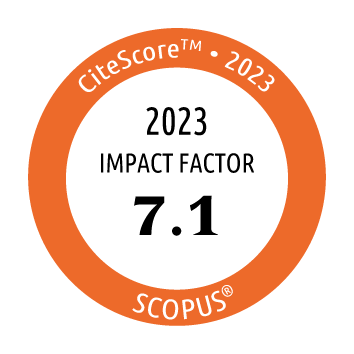Return to content in this issue
Adaptation to Spanish and Validation of the Rhinitis Control Assessment Test questionnaire
Del Cuvillo A1,*, Sastre J2,3,4,*, Colás C5, Navarro AM6, Mullol J4,7,**, Valero A4,8,**
1Rhinology and Asthma Unit, Department of Otorhinolaryngology, Hospital Universitario de Jerez, Jerez, Spain
2Department of Allergy, Fundación Jiménez Díaz, Madrid, Spain
3Department of Medicine, Universidad Autónoma de Madrid, Madrid, Spain
4CIBERES, Instituto de Salud Carlos III, Spain
5Department of Allergy, Hospital Clínico Lozano Blesa, Instituto de Investigación Sanitaria de Aragón, Zaragoza, Spain
6Department of Allergy, Hospital El Tomillar, Dos Hermanas, Sevilla, Spain
7Rhinology Unit and Smell Clinic, Department of Otorhinolaryngology, Hospital Clinic, Institut d'Investigacions Biomèdiques August Pi i Sunyer (IDIBAPS, Universitat de Barcelona, Barcelona, Spain
8Department of Pneumology and Allergy, Hospital Clínic, Institut d'Investigacions Biomèdiques August Pi i Sunyer (IDIBAPS), Barcelona, Spain
*These authors contributed equally as first authors
**These authors contributed equally with senior responsibilities
J Investig Allergol Clin Immunol 2020; Vol 30(3)
: 175-181
doi: 10.18176/jiaci.0420
Background: The Rhinitis Control Assessment Test (RCAT) is a patient-based questionnaire that is widely used to evaluate control of rhinitis.
Objective: To develop and validate a Spanish version of the RCAT (RCATe).
Methods: After translation and cultural adaptation of the original RCAT, this multicenter, observational, prospective study evaluated the properties/attributes of the RCATe by assessing its validity, reliability, responsiveness, effect size, minimal important difference and cut point.
Results: The recruited sample comprised 252 allergic rhinitis (AR) patients from 27 allergy and otolaryngology departments in hospitals throughout Spain. Significant and strong correlations were found between the RCATe and the total nasal symptom score and the visual analog scale (–0.79 and –0.77, respectively; P<.0001). The RCATe revealed significant differences between patients grouped in the different categories of severity or duration of AR (P<.001). The internal consistency (Cronbach α) was good (0.84), and the test-retest reliability was moderate (0.54 evaluated by the physician and 0.49 by the patient). The responsiveness to change was high and significant for RCATe (P<.0001) and correlated linearly with the improvement in AR. The overall effect size was 1.62. The cut-off point to identify patients with adequate control of AR was >20 (area under the receiver operating characteristic curve, 0.746; sensitivity, 58.3%; specificity, 90.9%).
Conclusion: The psychometric evaluation and validation of the RCATe indicated good reliability, validity, and responsiveness, thus suggesting that it is effective for measuring control of AR symptoms by Spanish-speaking patients.
Key words: Allergic rhinitis, Patient-reported outcome, Rhinitis control, Psychometric evaluation, Rhinitis Control Assessment Test




